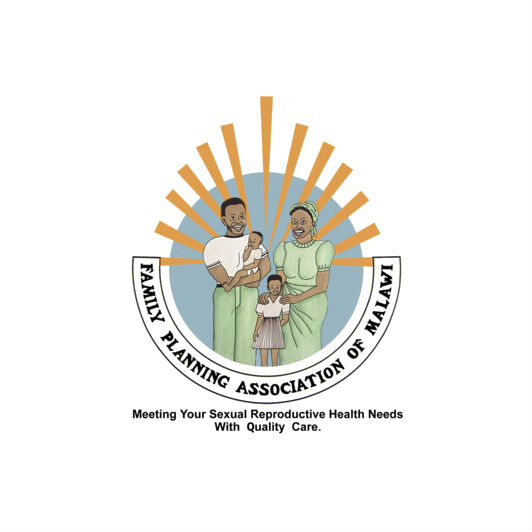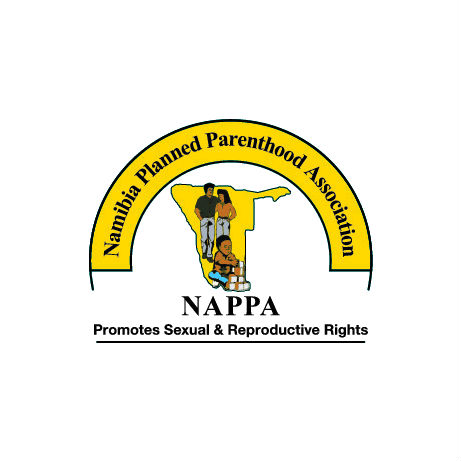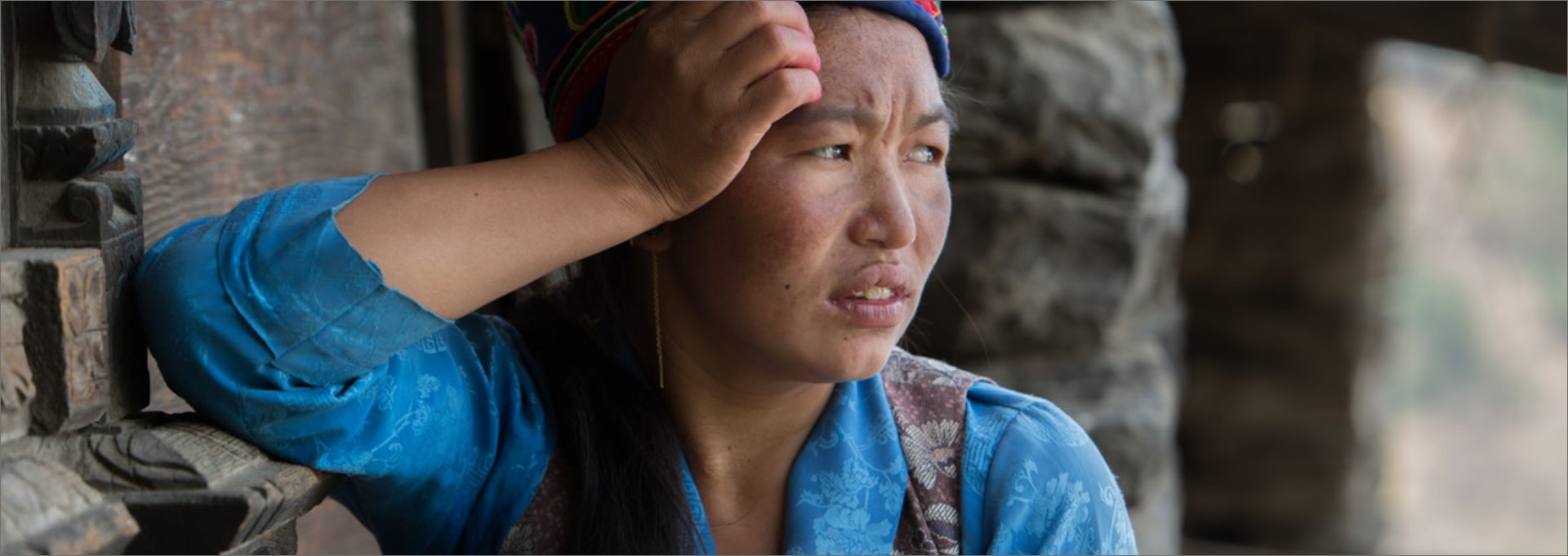

| 31 March 2016
Associação Moçambicana para Desenvolvimento da Família
The Mozambican Association for Family Development (AMODEFA) was formed in 1989. Like most IPPF Member Associations, the initial focus of the organization was family planning, but over the years it has diversified to cover a broader range of sexual and reproductive health (SRH) requirements, including emergency obstetric care, pre- and post-natal care, and services dedicated to the prevention, treatment and management of HIV and AIDS. As the high HIV prevalence rates demonstrate, there is a desperate need for sustained efforts on this front. AMODEFA has responded to the challenges of HIV and AIDS with a community-based, clinic-based approach linked to home-based care. With private sector sites, mobile and community-based service points, the Member Association raises awareness and combats HIV and AIDS stigma and discrimination, and provides referrals. AMODEFA uses the HIV, Gender and Sexuality link through comprehensive sex education in schools and outside schools to drive HIV prevention. AMODEFA staff, is supported by hundreds of volunteers, a youth action movement, peer educators and community-based distributors (CBDs). In its advocacy role, AMODEFA has provided advice and influenced the Ministry of Health, Ministry of Education and Human Development, Ministry of Gender, Children and Social Action, Ministry of Justice, Secretary for Youth and Employment and Parliament to adopt supportive national legislation and practices, particularly with regard to adolescents and youth. The Member Association works with governmental and non-governmental organisations, such as the National HIV and AIDS Council, PLASOC, the Network for Sexual and Reproductive Rights and with private sector such as ECOSIDA. AMODEFA's donors include UNFPA, OIM, Global Fund, AFRIKAGRUPPERNA, DIAKONIA and JFT. The Organization is a member of PLASOC - Platform of Civil Society Organizations for Health, RDSR - Sexual and Reproductive Rights Network, CECAP - Coalition for the Elimination of Premature Unions.

| 31 March 2016
Family Planning Association of Malawi
When it was founded in 1999, the Family Planning Association of Malawi (FPAM) focused on providing family planning services. As the organization has evolved, it has both refined and expanded its operation. Today, FPAM targets young people primarily, and reaches out to under-served rural communities. As a result, it operates 64 service points, including 53 mobile sexual and reproductive health (SRH) facilities and 4 static clinics. Its community-based distributor/services (CBDs/CBSs) profile is also very strong with 65 additional delivery points. As ever with IPPF Member Associations, the mix of outlets and approaches is very much led by the particular demographic and geographic needs of the country. FPAM also provides youth-friendly SRH information, education and behaviour change communication materials to young people at 4 youth centres, and through schools. Peer educators use group discussions, theatre performances, publications and audio-visual materials produced by community reproductive health promoters to pass on the message about good SRH practice and access to resources. The distribution of contraceptives, pregnancy testing, the diagnosis and treatment of sexually transmitted infections (STIs) and voluntary counselling and testing (VCT) for HIV are core to FPAM’s clinic activity. For its successful operation, the organization depends on a team of 46 full-time staff and over 600 volunteers. Over the years, FPAM has forged partnerships with health, family and youth departments in government, to advocate forward-thinking national SRH policies. It works with a variety of non-governmental organisations (NGOs) including the Malawi Girl Guides Association and Banja La Mtsogolo. Financing support comes from UNFPA, IPPF’s Japan Trust Fund, the Japanese Organization for International Cooperation in Family Planning (JOICFP), UNICEF, National AIDS Commission, GTZ, and Youth Incentives. FPAM also networks with other SRH-focused groups, particularly in the fields of HIV and AIDS and youth issues.

| 31 March 2016
Namibia Planned Parenthood Association
Established in 1996, the Namibian Family Planning Association (NAPPA) is dedicated to providing services and assistance to people in need of sexual and reproductive health (SRH) care and support. The need is critical: women run a high risk of maternal death, child mortality levels are high, and HIV prevalence figures are among the poorest in the world. Much of NAPPA’s work to date has been focused on advocacy – lobbying the government and legislators to ensure that SRH and the human rights issues associated are given central consideration in the country’s health, planning and community policies. NAPPA operates 3 service points, including 2 clinics. The Member Association is relatively small, with a permanent staff of just 7 people, but it is building capacity to increase its coverage. Youth groups are a particular target, and NAPPA is developing strong peer education projects to ensure that a new generation of Namibians is equipped to make informed decisions about individual SRH in the future. NAPPA works in partnership with the Ministry of Health and with non-governmental organizations including Physically Active Youth and Lironga Epara (for people living with AIDS). Donors include UNAIDs, and the Association has close ties with other Namibian groups including Adolescent Friendly Health Services, the National Working Group on Female Condoms, the National Network of Aids Services, the Namibia Non-Governmental Forum, and the Namibia National AIDS Network.

| 31 March 2016
Association Nigérienne pour le Bien-Etre Familial
Since 1996, the Association Nigérienne pour le Bien-Etre Familial's (ANBEF) have been providing a comprehensive range of sexual and reproductive healthcare including the prevention and management of HIV and AIDS, antenatal and post-natal care, the provision of post-abortion care in clinics and health huts in rural areas, treatment of male and female infertility, and pre-marital counselling. Importantly, the Member Association also trains young people in income-generating activities. ANBEF reaches out to rural and hard-to-reach communities, including street children, sex workers, vulnerable young people and rural populations. Services are delivered by a team of permanent staff, hundreds of volunteers, peer educators and community-based distributors (CBDs). Given that a very high proportion of 15-19 year olds give birth, and risks of maternal death and rates of child mortality are among the highest in the world, ANBEF fulfils a critical need in Niger that is not met by the private sector or government providers. ANBEF’s expertise has been called upon by the Niger government’s Technical Committee for the development of the national IPCD+10 (International Conference on Population and Development) strategy. The Member Association works with non-governmental organizations including CARE International and FCI Partnerships, and it receives funding from UNFPA and Multisector Programmes (IDA/World Bank). ANBEF works closely with other specialist population, planning, youth, HIV and AIDS and sexually transmitted infection (STI) groups in Niger.

| 31 March 2016
Planned Parenthood Federation of Nigeria
Planned Parenthood Federation of Nigeria (PPFN) is a national healthcare provider and a leading advocate of sexual reproductive health and rights (SRHR) in Nigeria. We have been at the vanguard of delivering comprehensive SRHR information and services, especially to poor, marginalized, socially excluded and underserved groups for over 55 years. Building on this history, PPFN is committed to mobilizing civil societies and governments to improve the legislative and policy environment for SRHR; and empowering people, especially young women, and girls, to act freely on their sexual reproductive health and rights by delivering comprehensive sexuality education and information through a variety of channels. At the same time, our focus is on expanding access to quality integrated SRH services for all, including those in humanitarian settings. An integral component of our work has been the establishment of networks and partnerships with a broad range of key stakeholders including young people, community and faith leaders, private sector practices and the government at national and local levels to ensure a wide-scale and sustainable delivery of quality SRHR information and services. PPFN delivers services through a network of 225 service delivery points and 380 community health workers located in facilities, communities and at outreach centres across the 36 states of Nigeria, including the Federal Capital Territory. Also, PPFN being a major contributor of SRH services in Nigeria provided a total of 48.4 million SRH services in 2020, with about 38 per cent of these services accessed by young people aged less than 24 years. Of the total SRH services delivered, 23.3 million services were provided directly by PPFN owned facilities, community-based distribution agents and outreach teams and a further 25.1 million services enabled through partnerships with public and private facilities. Annually, PPFN delivers services to an average of 10 million clients, including over 110,000 people who received SRH services in a humanitarian setting. In 2020, PPFN delivered services to an estimated 9.4 million poor and vulnerable users. This represented the majority of all our service users (82 per cent).

| 31 March 2016
Planned Parenthood Association of Sierra Leone
The Planned Parenthood Association of Sierra Leone (PPASL), established in 1959, works on a range of serious sexual and reproductive health (SRH) issues to improve people's health and quality of life. A key focus is to improve access to maternal health care, to reduce the risk of maternal and infant death. PPASL accesses the community through 5 service points, 12 workplace outreach projects, and 3 youth centres, via a 40-strong permanent staff team, backed by nearly 300 volunteers, 9 community-based distributors (CBDs) and a Youth Action Movement membership of 150. There is a 90% prevalence of female genital mutilation (FGM) in the country, and finding ways to handle the attendant psychological and physical trauma is one of the organization’s major challenges. Much of PPASL’s work is directed towards behaviour change communication (BCC) among community leaders, police and army personnel and Muslim and Christian groups. Safe motherhood, family planning, and the sensitisation of young people to SRH concerns are also central to the direct services which PPASL provides. The Member Association works in partnership with government health and development ministries and the Sierra Leone Armed Forces Hospitals. Non-governmental organization (NGO) partners include the Reproductive Health Service, CHASL, MSSL, National AIDS Secretariat/SHARP and the Marie Stopes Society. PPASL receives financial support from UNFPA, UNICEF, UNAIDS, the Global Fund for HIV/AIDS, Plan International, MOHS & RH UNIT, Marie Stopes Society, SL Red Cross Society and Action Aid.







